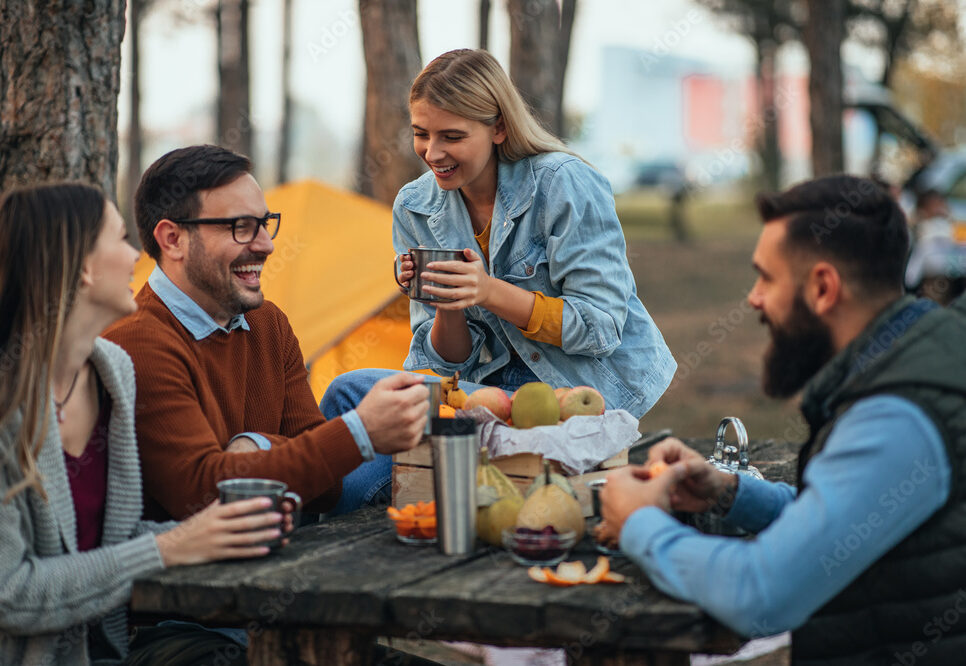Whether it’s the time of year where daylight is in shorter supply, you have a tight schedule, or you simply want to make the most of your weekend, there are things you can do to optimize your time before and during your stay at the campsite.
1. Stay close to home.
The best thing you can do to better manage your time is to choose a campsite that is close to home. If you choose somewhere that’s only one or two hours away versus four or six, that’s a lot of extra time camping that isn’t being spent driving. Nearby locations also better enable you to arrive before dark in order to set up and cook dinner at the site, then have a relaxing evening.
2. Reserve Sunday.
Most of us book weekend camping trips for Friday and Saturday nights because we’re going home on Sunday. However, if you book Sunday night as well, there’s no time crunch to get out by checkout time, when everybody else is leaving, too. Rather, enjoy the day and don’t worry about it until the afternoon. Leave sometime in the evening or, if you’re close enough to home, prep as much as you can the night before and leave in the early morning to have time to get the RV home, shower, and get ready for the workday. Cleaning out the RV doesn’t have to happen until you’ve come back from work. This strategy gives you a lot more camping time, and time to be do the things you love to do.
3. Create – and adhere to – set procedures.
The time to set up and tear down a campsite depends on a lot of things, especially if you have little kids around. That’s why it’s important to follow a checklist of tasks during these high-workload times. Follow it until it becomes routine, and then it all feels a lot more effortless. Each person camping, depending on their age, should have a set list of tasks to complete that they are capable of completing on their own, unsupervised. This takes some time to iron out, but once it does, setup and tear-down operate like well-oiled machines.
4. Prep meals.
Meal prep can be another high-work, high-stress time if you don’t plan ahead. Reduce the hassle by deciding the menu before the camping trip, with groceries bought. Some things can be done beforehand (such as chopped veggies, baked brownies, seasonings, marinades) while other things require assembly at the campsite. Further optimize your time by choosing meals that can be cooked all day in a slow cooker, or can be made quickly using an InstaPot or a portable grill. Keep it simple, yet delicious. Load up on snacks, fresh or packaged, to help curb appetites between main mealtimes.
5. Plan an itinerary.
With an abbreviated camping trip, it’s important to have a plan of what you’d like to do each day. Research ahead if you’ve never been to the area before and choose activities that work well for you and whoever you’re camping with. This outline offers direction, but it doesn’t need to be set in stone. Don’t overschedule as well, which can lead to exhaustion. It’s important to build in time cushions, both for a more relaxed pace and in case something comes up, in this overall itinerary. Make sure to have contingency plans in your back pocket in case the weather changes or something else causes a delay. Part of the fun of camping is being spontaneous and not having a set schedule at all. Leave opportunities to spend time at the campsite, especially if your chosen campground has amenities on location or if you simply want to find a place to string a hammock and read a good book.
Time marches on for us all and camping trips go all too quickly, but there are things you can do to optimize your time so that you spend more of it outdoors, away from home, and with people you enjoy being with.

